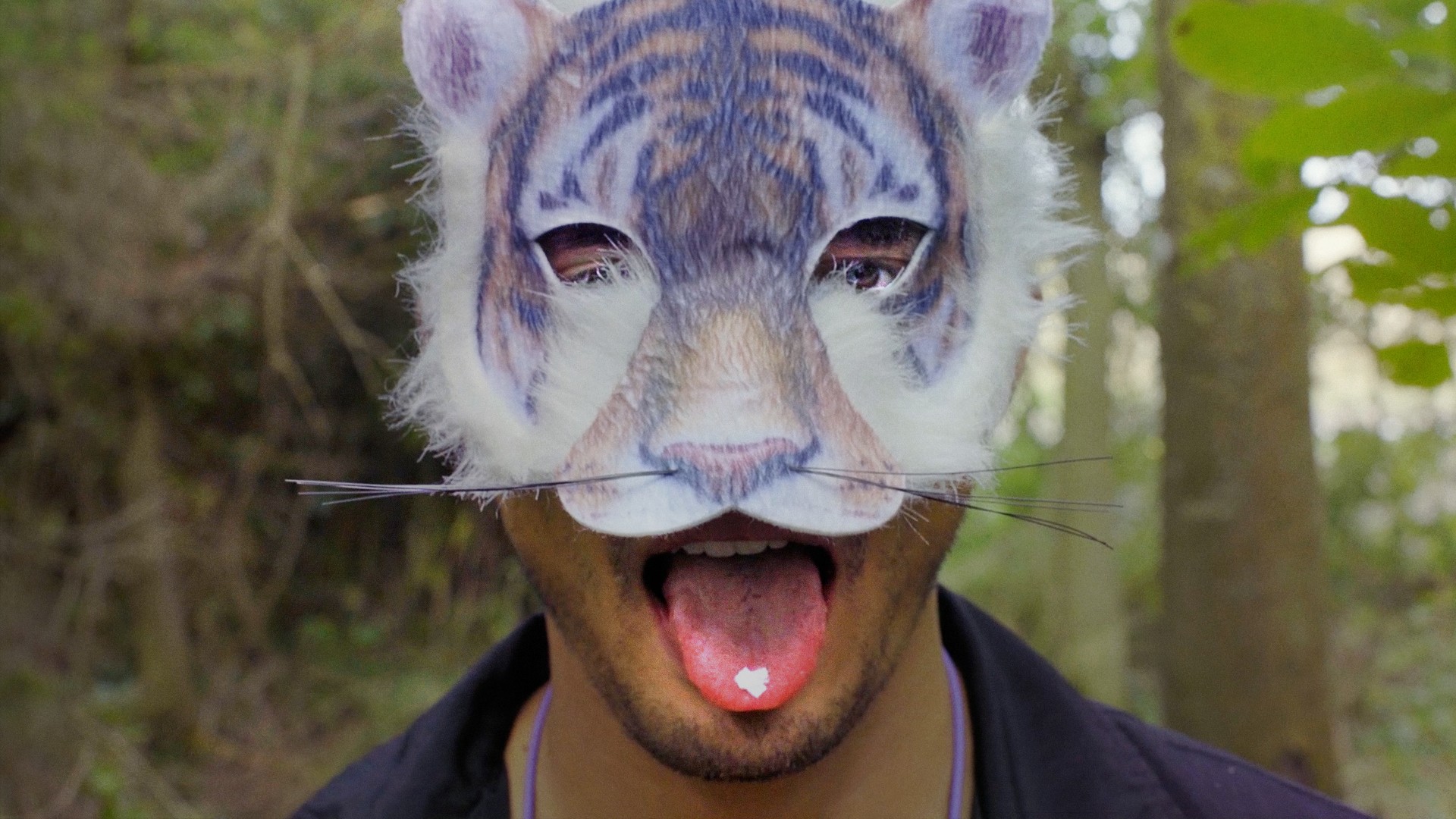That's not to say that physical dependence isn’t an important piece of the puzzle. In fact, in a study that Johnson is getting off the ground now, he and his colleagues will be testing if psilocybin sessions are helpful for people who are taking methadone but still struggling with drug use. Yet the goal is not to have them come off methadone, and there won’t be any encouragement to do so. It will instead be to help with the psychological side of addiction.Ironically, Johnson said he’s heard some of the same notions of sober purity from those in the psychedelic community that can be found in the 12-step communities. “There can be a lot of puritanism and anti-methadone and anti-buprenorphine in the psychedelic community, which I really don’t like,” Johnson said. Peter Hendricks, a professor at University of Alabama at Birmingham's Health and Behavior department in the School of Public Health, is close to completing a randomized placebo double-blind trial for psilocybin-assisted therapy for cocaine addiction. He and his colleagues recently unblinded 10 of their participants and found that those who got psilocybin, compared to the placebo, had more abstinent days from cocaine. (In the study, the placebo is an antihistamine called diphenhydramine.)The issue is not necessarily whether psychedelics are "better" than 12-step programs, or vice versa, but rather what are the consequences if these two recovery options remain mutually exclusive.
Watch more from VICE:

This doesn’t mean that psychedelics will work for everyone, and they likely won't. As is the case with most complex conditions, people with substance use disorders have a myriad of contributing factors, from genetics and physiological dependence to psychological and social factors. But it could be, for some, another tool to reach for. “We don’t know conclusively if psychedelics are going to be effective in the treatment of addictive disorders,” Hendricks said. “It looks very promising right now. And if we continue to collect data that confirm our hypotheses, it would be nice to have AA more accepting of it.”AA's General Service Office and NA's World Services did not respond to requests for comment, nor did Oxford House. The president of the nonprofit National Association of Sober Living, Judith Roberts, said in an email, "No one person speaks for any 12-step fellowships but according to the literature of NA and AA, they support 100% abstinence of alcohol and drugs. I am sure there are a wide variety of positions with different facilities who deal with alcoholism and addiction across the United States. However, it is the position of the National Sober Living Association that the only safe and effective pathway to recovery is 100% abstinence from mind and mood altering substances. As such psychedelics would not qualify or be used as a tool of recovery. In addition, based upon many years of experience, psychedelics would not aid a person in stopping substance abuse, but would in fact only contribute in triggering the dangerous phenomenon of craving that addicts and alcoholics experience."
Just because Wilson found personal benefit from psychedelics doesn’t mean that it’s necessarily the right thing for every person, or even a perfect match for those in AA or other fellowships. Interestingly, though LSD was helpful for Wilson, it didn't help stop smoking, the one addiction he could never shake; he ultimately died of emphysema. In 2016, Kevin helped co-found a group called Psychedelics in Recovery (PIR): a place for people in recovery to talk about an interest in psychedelics, or past and ongoing use. Their website went live in 2019 and its numbers grew considerably in 2020. It currently has between 750 and 1000 email subscribers, and its private Facebook group has about 1500 members. It hosts 15 weekly meetings, with about 20 people on average in attendance.To be a member of the group is simple: If you would consider being a member in any 12-step group, and you’re also interested in or actively doing psychedelics, then you are welcome in PIR. Many people who come to PIR meetings haven’t tried psychedelics and are curious about them, but have a lot of fear: Would it mean they’re still sober? What will their sponsor say? Will they have to leave their fellowships? Who could they tell?If someone feels like they're no longer welcome in a fellowship because of an interest in psychedelics, they may lose crucial support that their recovery depends on.
“These dogmatic narratives, in my opinion, are not necessarily helpful because it leaves very little wiggle room and there is a risk of the patient feeling shamed and excluded if they don't rigidly stick to it.”
